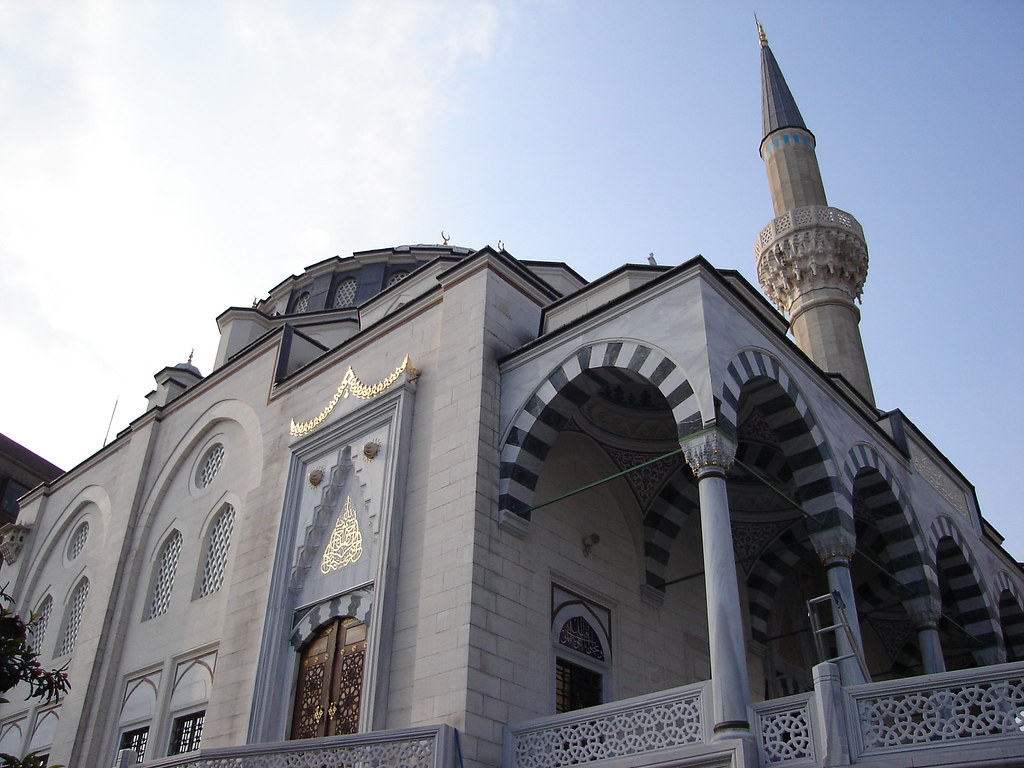
According to the Independent, Japan’s Supreme Court late last month upheld the Japanese government’s blanket surveillance of Muslims in the country. The kick back to a lower court decision means the government can continue to monitor Muslims in the name of preventing terror attacks.
Back in 2010, a leak of 114 police files brought this systematic surveillance of Japanese Muslims to light. The files showed that mosques, halal restaurants, and Muslim-related organizations in Tokyo, the capital of Japan, had been under surveillance.
It was also revealed that the government had extensive profiles on at least 72,000 Muslim residents. About 1,600 of those were students living within the vicinity of Tokyo.
A group of 17 Japanese Muslims sued the government for allegedly infringing on their legal rights to both privacy and freedom of religion.
“They made us terrorist suspects, we never did anything wrong,” said plaintiff Mohamed Fujita, a Japanese native who converted to Islam.
The Supreme Court dismissed the case on May 31 after two appeals, but rewarded the plaintiffs 90 million in Yen ($880,000) in compensation for the violation of their privacy.
Because the court did not hand down a ruling on the profiling of Muslims in Tokyo, the decision was handed back down to the lower court, which had previously ruled that the surveillance was a “necessary and inevitable” measure to guard against terrorism.
Historically, there have been no Muslim-linked terrorist attacks in Japan. According to Al Jazeera, these measures are similar to surveillance laws set up in Germany, which has had some success foiling terrorist attacks.
